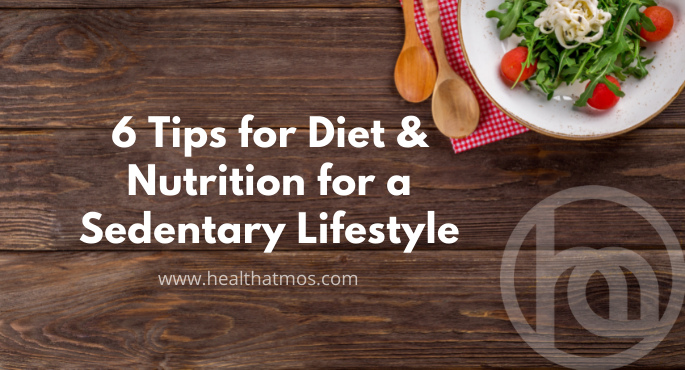Diet & Nutrition for a Corporate Lifestyle:
What you choose to eat takes you a long way, literally! It can prevent many illnesses and extend your life span. By making a few simple adjustments, you can cut your chances of developing obesity, diabetes, heart disease, stroke and even cancers. And the best part is that even simple adjustments can get big results. We primarily consume six essential nutrients, namely:
- carbohydrates,
- protein,
- fat,
- vitamins,
- minerals, and
- Water.
The overall goal of diet is to get people to choose the healthiest options that will improve their wellbeing. Today there are various diets that have become popular in modern times. Those specific diets that exist today are:
-
Executive Health Checkup
-
Preventive Heart Check up
-
Health Screening Package
-
PCR Test for Travel
Health Atmos provides quick & quality corporate wellness programs, occupational health checkup and employee health screening that are affordable & cost-effective.
However, diet and nutrition are two different factors.
This article contains suggestions on how to improve your diet and nutritional level for a sedentary lifestyle.
1) Action plan for a Balanced Diet
- The most important rule for healthy eating is not to skip any meal. Skipping meals lowers your metabolic rate. Especially, never skip breakfast.
- Take your own packed lunch to work and limit the number of times you eat out.
- Limit stimulants such as caffeine and alcohol.
- Intake raw foods such as salads, fruits and vegetable juices, and focus on eating healthy food rather than the calories.
- Avoid fried foods or take off the extra oil.
- Steam or microwave your vegetables instead of boiling them to avoid loss of nutrients.
- Choose whole wheat flour instead of refined flour.
- Choose reduced-fat ingredients such as low-fat cheese or salad dressing.
- Drink lots of water.
2) Add fresh fruits and vegetables to your diet
- Include fruits such as bananas, apples with hot or cold breakfast cereals
- Snack with fruit rather than sweets
- Snack on cherry tomatoes, carrot and cucumber sticks, dried apricots or nuts
- Steam or lightly boil vegetables to keep the nutrients
3) Eat the right carbohydrates
- Most people think that all starchy foods are fattening. But starchy foods contain a lot of fiber giving you that full, satisfied feeling.
- Eat brown rice, whole-grain pasta, sweet potatoes or wholegrain bread whenever possible.
- Replace white flour with wholegrain flour.
- If you have cereals for breakfast, choose porridge or oatmeal without sugar.
- Replace sugary snacks, biscuits or cookies with healthy snacks such as fruit, almonds or walnuts.
4) Cut down on sugary foods
- Replace sugary drinks with water
- Avoid using sugar in coffee, tea or breakfast cereals
- If you have to sweeten, try a natural sugar alternative such as Jaggery.
5) Cut down on Fatty foods
Fat helps to protect our organs, keep us warm and give us energy. But a diet which is too rich in fat can increase the risk of heart disease and stroke. So, watch for the type of fat you eat each day. These tips can help:
- Avoid saturated fats like butter, ghee and/or margarine
- Grill, bake, poach or boil food instead of frying
- If you fry food, use unsaturated oil and remove excess oil before eating
- Be aware of hidden fat in pastries, chocolate, cakes and biscuits.
- Choose low-fat milk, cheeses and yogurts over full-fat varieties
6) Eat the right type of Protein
We all need protein. But if we eat too much of the wrong kinds of protein our health can suffer. These tips can help:
- Eat fish rich in Omega-3 fatty acids, like salmon and mackerel at least once a week or more.
- Add beans and Soy products to your diet for a low-fat source of protein, fiber, vitamins and minerals.
The Health Benefits of a Balanced Diet:
- Healthy eating will increase energy, improve the way your body functions, strengthen your immune system and prevent weight gain.
- A balanced diet will provide the nutrients you need to avoid nutritional deficiencies.
- A healthy diet will prevent the risk of developing certain diseases such as diabetes, cancer and heart disease. This is also helpful in treating diabetes, obesity, kidney disease and high blood pressure.
- A balanced diet helps to manage an illness or reduce symptoms of a health condition.
- A healthy diet will help you to fight stress.
Hope you found this article helpful. Please note that this information is not an alternative to the doctors’ opinion. Consult your doctor for any specific health concern and corresponding diet suggestions.
Follow our blog for more health-related articles and get in touch to book a test.

